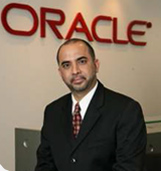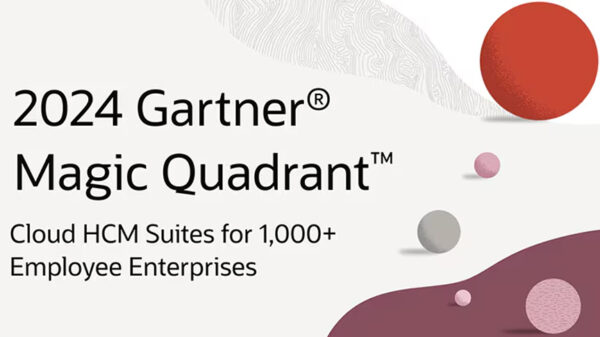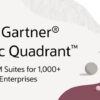By K. Raman, Regional Managing Director, ASEAN & SAGE, Oracle Corporation
Overall, the ASEAN business landscape, including the Philippines, continued to evolve under the explosion of data, the rise of mobility, and the increasing sophistication of consumers. As businesses become more people-centric in the last twelve months, we have seen more businesses embark on transformational IT projects to provide social, mobile, and cloud self-service capabilities that are designed to better engage their customers and employees for improved satisfaction and increased productivity.
One challenge that CIOs face is budget constraints to innovate with social and mobile technologies. For example, one of the significant issues include trying to update applications which earlier weren’t designed for analytics process and mobile access while having to spend a crippling 80 percent of their budgets on maintaining these legacy applications. In order to reduce costs and innovate the business at the same time, modern CIOs are finding ways to take the technology capabilities to the Cloud.
In the Philippines, there is an increased interest from our customers across industries to embrace Cloud to upgrade their legacy IT systems for applications’ deployments to support the increasing business and customer requirements. Particularly, we are seeing more adoptions of software-as-a-service (SaaS)-based applications for customer relationship management and human resource management.
ICT sector outlook for 2015
This year, the convergence of social, mobile and cloud technologies will continue to change how customers interact, how employees collaborate, and how companies provision and manage IT services. With all of these, security will remain on top of the agenda for businesses for moving forward. Combined with increasing regulatory complexity, high-profile breaches, the rise of cloud, mobile, and social computing, will drive unprecedented investments in security.
The next apparent trend is mobility with rapid rising number of mobile devices connected to enterprise systems. According to a global survey sponsored by Oracle¹, enterprises expect to boost mobile-related IT expenses more than 50 percent in two years. In response to rapidly proliferating devices and applications, organizations will invest the time and resources necessary to define a mobile strategy that enables them to transform the business.
Cloud computing will continue to be important for businesses to achieve greater cost efficiencies throughout business processes. Plus, as CFOs continue to recognize the strategic benefits that the cloud can deliver, they will further leverage cloud for finance modernization and ERP processes automation.
In addition, the need for cloud-based analytics, especially marketing and social analytics, will be the core of business transformation strategies focusing on customer experience enhancement.
Oracle’s Business Plans for 2015
This year marks “an inflection point” for Oracle as the company has delivered on its promise to provide a full range of cloud computing services which include SaaS (software-as-a-service), PaaS (platform-as-a-service) and IaaS (infrastructure-as-a-service)
With a complete cloud offering, Oracle aims to be the trusted IT partner for local businesses by helping them to embark on Cloud. Oracle offers the industry’s largest portfolio of SaaS applications in the Cloud with customer experience applications, including sales capabilities; human capital management suite with social tools; and offer local enterprises industrial-strength ERP applications in the Cloud.
Oracle PaaS is designed to be the turn-key cloud development platform, with advanced features such as multi-tenancy, high-speed analytics, and social and mobile capabilities, for applications integrations. As a part of it, the flagship Oracle Database 12c will also be offered as a cloud service. Oracle IaaS will serve as the on-premise cloud offering for deploying Oracle’s Engineered Systems.
An important addition to Oracle’s cloud services is Oracle Mobile Cloud which enables businesses with the capabilities to develop and deploy mobile applications on multiple operating systems and device platforms.
To date, Oracle Cloud supports over 60 million users and 23 billion transactions each day; running on 30,000 devices and 400 petabytes of storage in 19 data centers around the world.
Lastly, in order to further help local organizations transform their businesses while reducing IT complexity, Oracle also announced several key innovations including Zero Data Loss Recovery Appliance for automated real-time data backup system, Oracle FS1 flash storage and the upcoming M7 microprocessor as the latest version of Oracle’s SPARC chip, which features “software in silicon” functionality hard-wired into the processor for accelerated database query and memory protection.
Planning to upgrade your current cloud computing environment or IT infrastructure to the cloud?
UpgradeMag.com’s first NXTLevel event, titled “Cloud to the Max” will be held on April 16 in Makati City. Details will be announced in the coming days.



















































































































